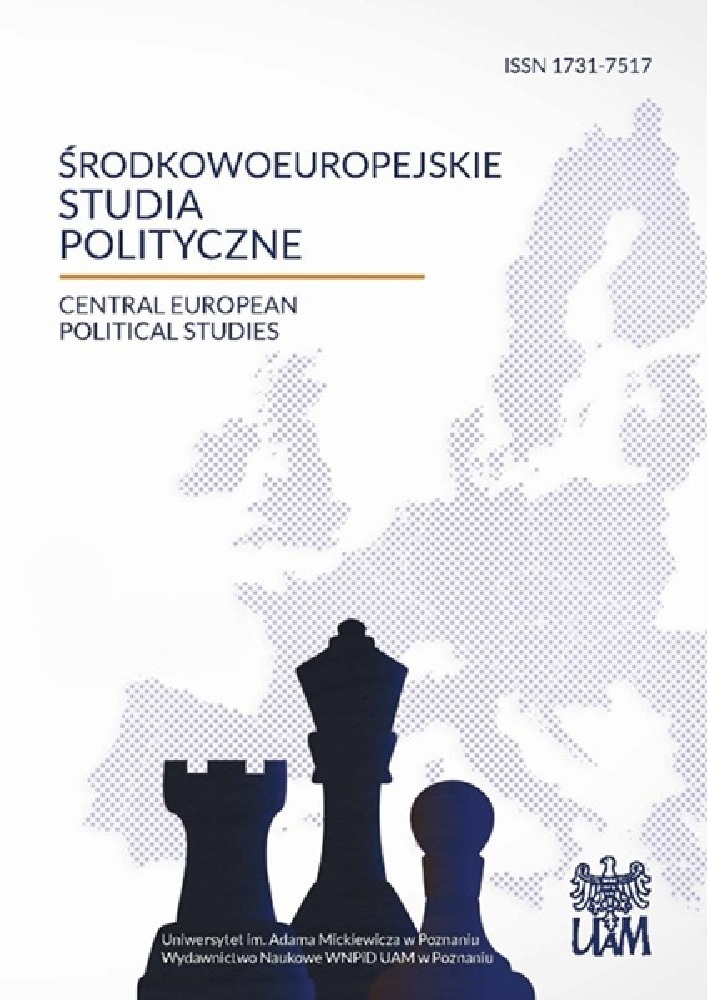Abstract
The considerations on the subject of this paper are divided into three parts. The first one relates the problems of the media to the notion of communication activity, as understood by Hamermas, that does not merely constitute an accidental element of social praxis, but is a key instrument of potential shaping of the desirable quality of this praxis in the modern society. The second part discusses the nonidentity of the multitude as status quo and pluralism as the idea that organizes the use of this multitude. This is done by means of Popper’s juxtaposition of the radically pluralistic principle of freedom in the selection of the content with the idea of critical pluralism. Finally, the third part of the analysis focuses on the capital of ideas as a certain reservoir of higher values that may also organize the everyday practice of the media, provided that the media people are willing to take advantage of this capital. This appears not to be easy given the pop cultural pressure for political digestibility and economic efficiency of the media product.License
Copyright
© 2005, Uniwersytet im. Adama Mickiewicza w Poznaniu, Wydawnictwo Naukowe Instytutu Nauk Politycznych i Dziennikarstwa
OPEN ACCESS
